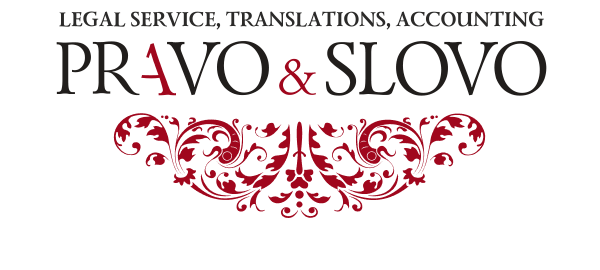Supply Agreements
Supply agreements are one of the main types of agreements concluded in entrepreneurship, being a variation of a sales-purchase agreement. The defining feature of it is it is concluded between entities engaging in entrepreneurship as well as for the use of goods for entrepreneurial purposes. Consequently, disputes on these agreements are heard in commercial courts rather than in general jurisdiction courts.
- In concluding a supply agreement, the essential terms of the agreement must be coordinated, among which are the terms of the good. The agreement must expressly state the title and the quantity of the supplied good. If this condition is left out, the agreement will be considered unconcluded.
- The terms on the supply timeline and the price of the good are not part of the essential terms of the agreement. In the case that none of the parties have demanded that an agreement on the supply timeline and the price be concluded, then these terms will be set according to the rules established in civil law. For instance, a product must be paid at a price which under comparable circumstances is usually charged for similar goods, work, and services.
If the event that no supply timeline has been established in the agreement and it's unclear from the agreement when the supply is to be made, the vendor must fulfill its product supply obligation within seven days following the time that the buyer provided the order.
In our view, an agreement must be in-depth and exhaustive, reflecting the actual circumstances. In other words, it must outline how exactly your interaction will take place with your supplier or customer, rather than some vague, dreamworld situation, like a token agreement along the lines of “Alright, so we’ve download it from the internet and jotted down the product title on it, how much it costs, and when it will be delivered. We’re good to go.”
- It must be stated that in court practice, the most common disputes revolve specifically around an alleged failure to pay for a supplied product or violation of the supply timeline.
So, when a good supply agreement is concluded, one mustn’t use the general civil law provisions as one’s guide. All the terms of the supply must be expressly determined and written out in the agreement.
It’s also important in the acceptance of the good to pay attention to whether the law and the agreement have envisaged any transportation or any accompanying documents. The actual delivered good must correspond to the information indicated in these documents.
The agreement may establish the persons authorized to receive the good and its transfer (receipt). If such a term exists, it’s important when accepting a good to check whether the declared authorization is valid. In other words, ask the employee to provide and make a copy of their power of attorney. In court practice, there are situations when one of the parties to a dispute references lack of authorization to receive or supply a good and thus cite improper fulfillment of or failure to fulfill the agreement.
REMEMBER! Entrepreneurs are strongly recommended to hire a lawyer as early as the supply agreement template preparation stage, not when the dispute has already arisen and it turns out that the contractor has already presented the agreement and it is defending its interests to the maximum extent and not have just “borrow” the Internet and have it edited by a company employee who doesn't know the first thing about the law.
Word & Law Company's lawyers will help you at the document writeup stage to spot any potential risks and detail important terms for you as well as at the court examination stage to defend any of your rights that may have been violated. Give us a call or send us a message today!


